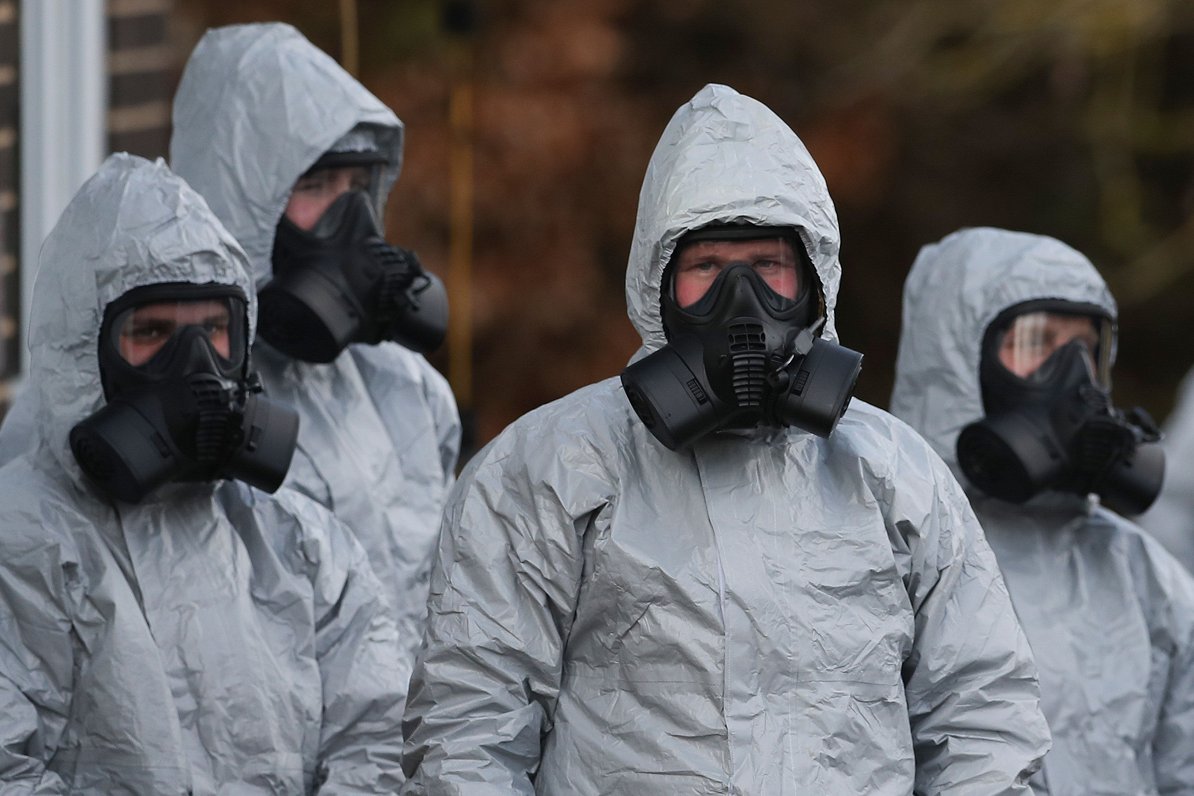A statement from the Latvian Ministry of Foreign Affairs said the Foreign Ministry categorically condemns the use of chemical weapons in Salisbury, UK on 4 March. The use of nerve agents in this case constitutes an attack with chemical weapons, which is a serious violation of international norms and laws, which include the prohibition of the development, production, stockpiling and use of chemical weapons.
"Latvia is ready to provide its allies with the necessary support and work to ensure that the EU and NATO agree on joint action in this matter. Those who planned and carried out an attack on NATO territory should receive an adequate and rigorous response. Latvia supports Britain's efforts to investigate the crimes committed," the statement added.
This case confirms the need to strengthen the implementation of the Chemical Weapons Convention in order to prevent the use of chemical weapons, the Ministry said.
Earlier, Foreign Minister Edgars Rinkēvičs tweeted his support for the UK's Prime Minister, Theresa May.
Full support to our friend & ally United Kingdom, the use of military nerve agent against Sergei & Yulia Skripal is in clear violation of international law, Russia must present quick & full explanation, EU and NATO must provide unified & effective response to this criminal act https://t.co/SRK7VDHQPW
— Edgars Rinkēvičs (@edgarsrinkevics) March 12, 2018
The UK's security services believe Russia was behind an attempt to kill former double agent Sergei Skripal and his daughter. It follows the death of another former spy, Alexander Litvinenko in 2006 and the mysterious or suspicious deaths on UK soil of several other people in recent years with links to the Russian state and security services.
United States Secretary of State also said the evidence was that Russia was behind the assassination attempt, shortly before he was fired by President Donald J. Trump.





























